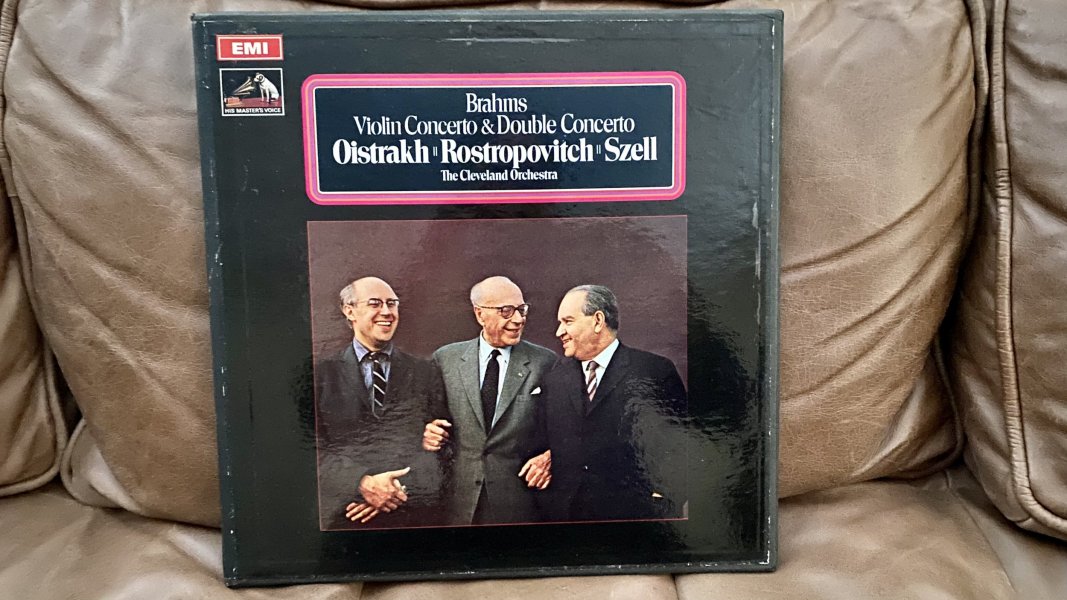Mahler's 5th is his worst. I think the start itself is off tune trying to just create loud sounds.
On the contrary, I find the beginning of Mahler's Fifth one of the most striking moments in all of symphonic repertoire. In a good way.
If you listen to Mahler and Beethoven, Mahler is good in parts and tunes. He doesn't have the continuity to hold you through all movements and entire symphonies like Beethoven.
The continuity of Beethoven's symphonies is given by the inexorable and unwavering forward momentum of the music through, and despite of, all the frequent and extreme contrasts in musical motion. This combination of continuous forward momentum and constant variation of motion can grab the listener with ease like little other complex music, and seems to me an important reason why Beethoven's symphonies are so universally loved. It's not just about Beethoven's humanistic message or his gift for powerful themes and melodies, it seems to be about a fortunate accord with basic human listening psychology.
Haydn and Mozart have foreshadowed this (the latter especially strongly in his magnificent Linz Symphony, symphony #36), but Beethoven has driven it to an extreme and culmination in a consistent manner like no other (it might be argued that Dvorak has approached such Beethoven-type forward momentum in his also very much beloved New World Symphony; of course, like with Beethoven, his gift for themes and melodies helps too).
This does not mean that music which does not do that to this extent is of any lesser quality. Beethoven's string quartets, especially the late ones, often do not have such sweeping momentum combined with constant contrast, and the thematic/melodic language may be less accessible. Yet much of Beethoven's string quartet repertoire is viewed as among the best, it just requires a different kind of listening. Beethoven himself supposedly considered his string quartet op. 131, written after the Ninth Symphony, his "greatest work". But guess what, Beethoven's string quartets are not anywhere near as popular as his symphonies.
In a similar manner, Mahler's symphonies just require different listening than Beethoven's symphonies. Once listeners are open to this, whole worlds may unfold before them.
The quality of music is not directly related to its accessibility. That these two things combine to such an extent in Beethoven's symphonies is simply fortunate.




